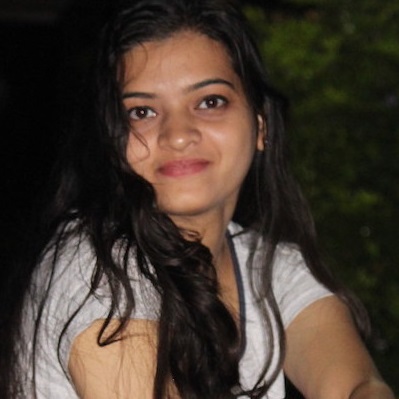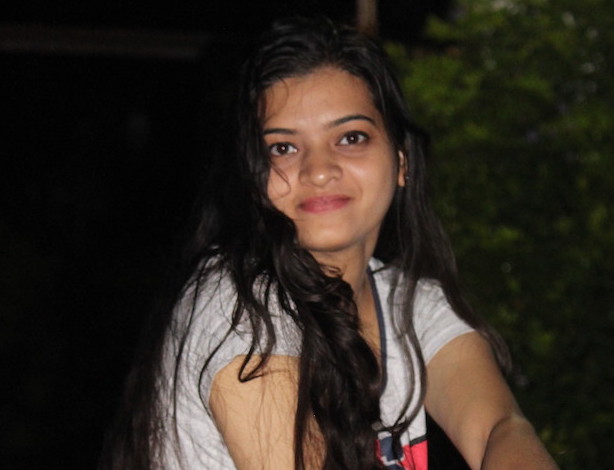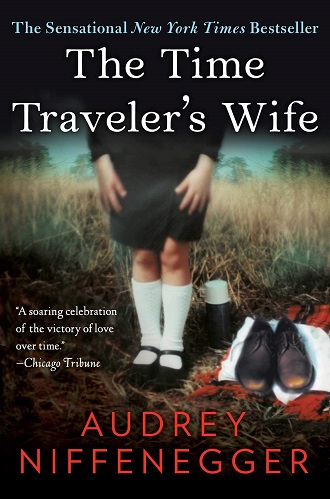Feature
Do Indian Men Read Romance?
It is rare to come across someone in India who remains untouched by the romance-infested Bollywood bug. After all, romance sells, be it in movies or in books. Who hasn’t swooned over Mr. Darcy or Rhett Butler? Who isn’t an ardent fan of Charlotte Brontë’s novels or of Miss Austen’s writings? Who hasn’t grown up reading Nicholas Sparks’ or Nora Roberts’ novels? We went from Devdas to Parineeta, and as teenagers, from The Fault In Our Stars to Eleanor & Park, and revelled in reading romance while remaining ignorant about its various shades.
But for a country that is so heavily steeped in romance, and where the best-selling romance market is the monopoly of male authors, there is a terrible scarcity of Indian men who read romance. Considering that they form a huge chunk of our (already huge) population, why is this the case? More importantly, why has this been allowed to happen?

Woman. Love. Romance.
Stereotypically speaking, romance is associated with hearts and flowers, and an alarming amount of pink and red, particularly marketed around the time of Valentine’s Day. Romance novels haven’t remained immune to this normalisation of stereotypes either. ‘For years, now,’ says Nirbhay, who has been reading ever since he could understand words, ‘romance has been dubbed as a women-centric genre.’ A valid point that has also been propagated by our gender-based stereotypes wherein women are, largely, thought to be the gentler sex, to be more interested in talking about feelings and emotions. So, it was only logical that the next step would be to assume that romance novels would only be interesting to women. Romance novels started catering exclusively to women, and focussed on their problems, dreams and hopes.
The marketing sector is of no help when it comes to removing the stereotypes associated with the genre, bombarding readers with covers that feature overflowing bosoms and underdressed men (as in the case of most Mills & Boon books). Titles like I Too Had A Love Story, Of Course I Love You Till I Find Someone Better and You’re The Password To My Life don’t help in attracting a male crowd either.
Mir Khubaib, who runs the popular Instagram account @khubaibliophile, says that reading is still considered a mostly feminine activity, and over 80% of his followers are women. Romance novels are also often regarded as guilty pleasures, giving rise to the associated feeling of shame. A guy reading a romance novel results in upturned noses and raised eyebrows since it doesn’t necessarily play into the expected behavioural patterns when it comes to gender roles.
It is safe to say that marketing agencies and stereotypes feed into each other. As a result, the gap between the romance genre and male readers continues to grow. It also does not help that the idea of romance being a women-centric genre has been as deeply embedded into the male psyche as ‘real men don’t cry’ has been. Such a shame.
F For Feelings: P For Prejudice
The world is constantly evolving, changing for the better, yet not as fast as we would like it to. Even today, men are considered weak if they cry, or if they dare show emotion. While women are considered hysterical if they raise their voices, men are often judged if they want to express emotion or put their hearts on their sleeves. Society hasn’t helped men in this aspect, and the romance genre has only made things worse. The men in most Harlequin novels, for example, are shown as being stoic and emotionally stunted, and win the girl over with their silent and brooding nature. What examples are we setting for our boys if these are the kind of men portrayed in our novels?
The judgment men receive when they attempt to show emotion is nothing new, but it has also led to feelings of shame in them, which gets reflected in the books they choose to read. Nirbhay recounts a particularly sad tale of a classmate, who read Sweet Valley High, and other romance novels that were typically enjoyed by high-school girls. The boy was immediately ‘accused’ of being gay and mocked and made fun of. Luckily, he did not care, but this is a very real problem that still persists. Mir has had experiences like these, where he was expected to like sci-fi or comic books just because he is a guy.
Tanmay, an IT professional and an avid reader, says that the bias comes from women too, and Ashwin, or @brownboywithabook, another popular bookstagrammar, echoes similar thoughts. While women prefer discussing romance novels amongst themselves, they also tend to avoid asking for recommendations from men for romantic novels to read. In some cases, men are perceived differently if they do approach others to discuss romance, and are, in some cases, even shut out.
We have set a certain standard of how men must look, behave and live, and our romance novels reflect that. The protagonists in these novels look like they live at the gym, earn a ridiculous amount of money, are intelligent and awesome in bed. These are unrealistic expectations. Why would any man want to read novels that imply that only the uber-rich and suave guy will get the girl? Where is the relatable romance?

(Image via Medium)
No-No To Labels
Yes, men do like to read romance – it’s just that the books aren’t categorised as such. Many romance books are classified as classics, sci-fi or even young adult fiction, but romance is a key plot point that drives the story forward. Mir reads Wuthering Heights (a classic) and The Time Traveler’s Wife (sci-fi), and Tanmay enjoys The Fault In Our Stars (YA). The most important point to glean from men’s reading preferences is that men want romance in between the pages of their novels, but it should not be the sole focus of a story. After all, there is so much more to real life than romance, isn’t there?
Men do not hate romance, the hate has seemingly been thrust upon them. The books men prefer can have romance as an essential sub-plot to drive the story forward, but they agree that romance novels that adhere to the same tropes of overdone romance is a big no-no. Mir agrees, and says that he would definitely like complex stories more than the ones that revolve around ‘crushes, dates and heartbreak’, and are ‘larger than life’.
Tropes like damsels in distress, stoic and broody men, unrealistic stories of love are not only overused, but also hold a mirror to the culture of gender-assigned roles we have become accustomed to, and men find it tediously boring and OTT. These novels are repetitive in nature, with the only changes being in name and setting, allowing for easy consumption. However, since they bear little or no resemblance to real life, Ashwin tires of them quickly and sees no reason to dive into more of the same kind of books.
Nirbhay, on the other hand, is interested in reading romance that is mixed with social issues, focussing on books that are relatable to real life, rather than any of those that set unrealistic expectations for men and women alike.
While men aren’t shying away from reading romance today, they would prefer to read something that is not dipped in saccharine-esque amorously charged prose and dramatic trials, says Ashwin.

(Image via Nature)
As a society, while we advocate women’s rights, we should also strive to relieve ourselves of the prejudiced notions that men cannot read romance novels, that they are not allowed to feel, that they should not be allowed to openly express their emotions lest they be judged as less manly. Men should be allowed to be as tender-hearted as women, to be free to laugh, cry and live life as they choose to. More importantly, they should be free to read the books they like and love without the judging stares and whispers.


Prasanna Sawant
Prasanna is a human (probably) who makes stuff up for a living. When she's not sleeping or eating, you'll find her in the quietest corner of the library, devouring yet another hardbound book. She vastly prefers the imaginary world to the real one, but grudgingly emerges from her writing cave on occasion. If you do see her, it's best not to approach her before she's had her coffee.
She writes at The Curious Reader. You can read her articles here.






Yes! we Indian men love reading romantic novels. Fault in our stars and Pride and Prejudice is my personal favorite and it’s also true that people do judge me for reading romantic novels. This is an amazing article everyone should read it.